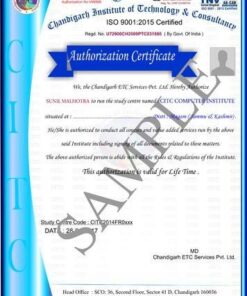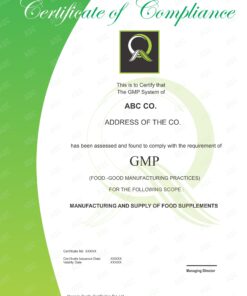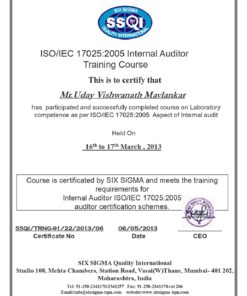Sale!
Organic Certification Of Company
Original price was: ₹20,000.00.₹10,000.00Current price is: ₹10,000.00.
Certifying a company as organic involves a rigorous process to ensure that its products meet the standards set by organic certification bodies. Here are the general steps involved:
1. **Understand Organic Standards**: Familiarize yourself with the organic standards set by your country’s regulatory body. In the United States, for example, the USDA (United States Department of Agriculture) oversees organic certification through the National Organic Program (NOP). Other countries have their own regulatory bodies with specific standards.
2. **Preparation**: Review your company’s practices, processes, and products to ensure they comply with organic standards. This may involve transitioning to organic ingredients, adopting organic farming practices, and implementing organic processing methods.
3. **Choose a Certification Agency**: Select a reputable organic certification agency accredited by the relevant government authority. The certification agency will guide you through the certification process and conduct inspections to verify compliance.
4. **Application**: Submit an application to the certification agency, providing detailed information about your company, products, ingredients, and production processes. Include documentation such as ingredient lists, production records, and plans for organic management.
5. **Inspection**: The certification agency will conduct on-site inspections of your facilities, farms, and suppliers to assess compliance with organic standards. Inspectors will verify that organic practices are being followed, such as avoiding prohibited substances and maintaining organic integrity.
6. **Review and Decision**: After the inspection, the certification agency will review the findings to determine if your company meets the organic certification requirements. If compliance is verified, you will receive organic certification.
7. **Certification Renewal and Ongoing Compliance**: Organic certification is typically valid for a certain period, after which you must undergo renewal inspections to maintain certification. Additionally, you must consistently adhere to organic standards and keep detailed records of your organic practices.
8. **Labeling**: Once certified, you can label your products with the organic certification logo or seal, indicating to consumers that they meet organic standards.
It’s essential to maintain transparency and accuracy throughout the certification process to ensure trust with consumers and regulatory authorities. Additionally, staying informed about any updates or changes to organic standards is crucial for ongoing compliance.












Reviews
There are no reviews yet.